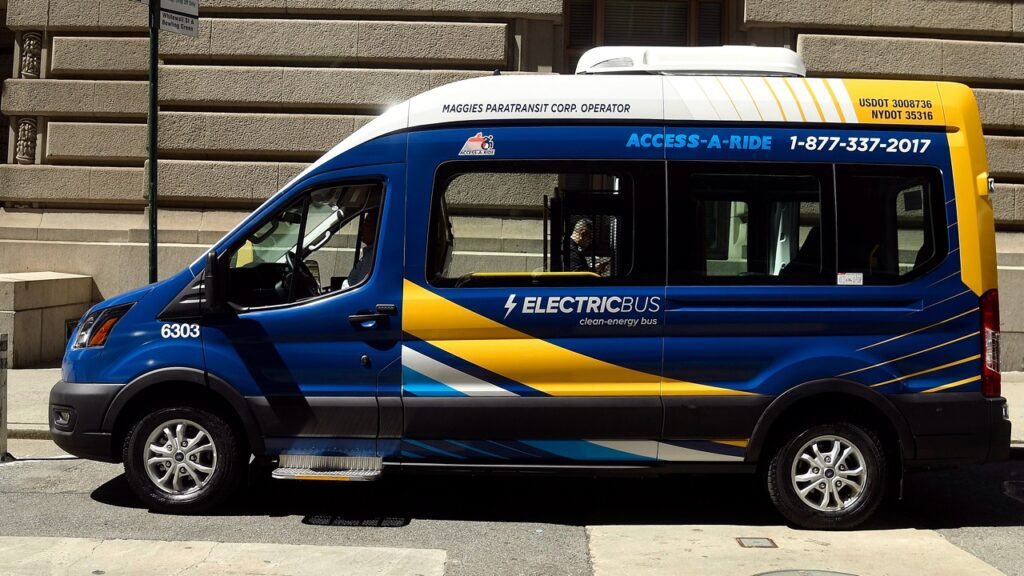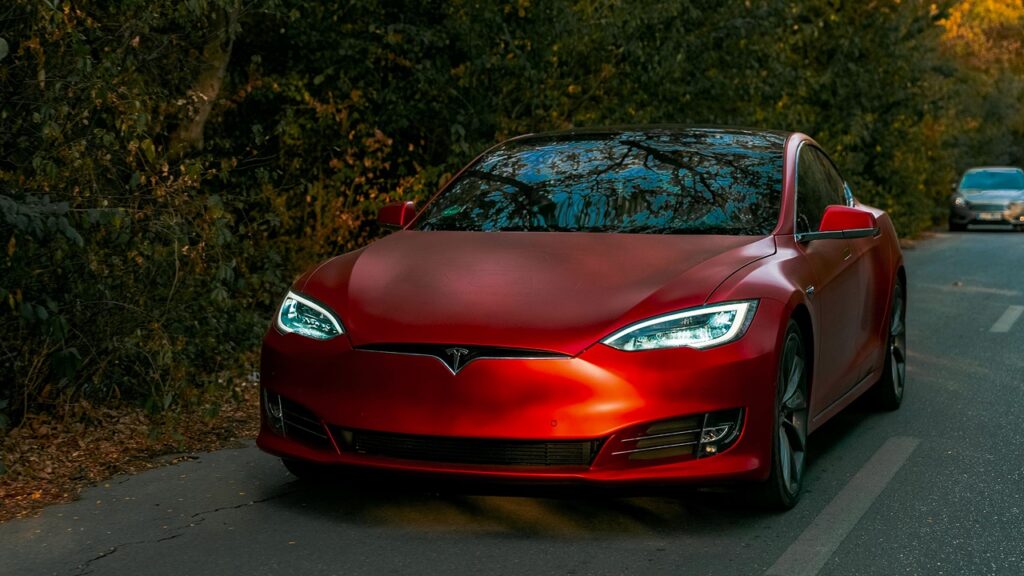
As demand for electric vehicles increases, their resale value is also on the rise. With the ongoing shift toward electric vehicles, more buyers are looking to purchase second-hand EVs, which has led to higher resale prices. A well-maintained EV can retain its value for a longer period compared to gas-powered cars, especially as more people prioritize sustainability. (Source: Cox Automotive)
The durability of EV batteries also plays a significant role in their resale value. Many automakers offer warranties that last for 8 years or longer on the battery, assuring buyers that the car will last. With manufacturers constantly improving battery life and performance, EVs are proving to be a smart investment for long-term ownership and resale, allowing owners to recoup more of their initial investment when it’s time to sell.
Tax Savings for Businesses

For businesses, investing in electric vehicles can lead to substantial tax savings. Companies that switch to electric delivery vehicles or fleet cars can often qualify for tax incentives or deductions, such as accelerated depreciation and the aforementioned federal tax credits. (Source: IRS) This can significantly reduce the upfront cost of transitioning to an electric fleet.
In addition to tax savings, EVs can help businesses cut costs on fuel and maintenance, making them a smart choice for long-term financial savings. As governments worldwide continue to encourage businesses to adopt cleaner, greener solutions, the financial incentives for companies to invest in electric vehicles will only increase.
Long-Term Savings on Insurance

Many people assume that electric vehicles come with higher insurance premiums due to their higher initial cost and specialized parts. However, that’s not always the case. In fact, some studies show that EVs can actually have comparable or even lower insurance premiums than gas-powered vehicles, depending on the model and safety features. (Source: Forbes)
Additionally, some insurance companies offer discounts for electric car owners who drive fewer miles or use EVs to promote eco-friendly practices. As the EV market continues to grow and more insurance data becomes available, it’s likely that even more savings will be available for electric vehicle owners, making EVs a more affordable option overall.
Home Charging Benefits

Charging your electric vehicle at home is one of the biggest perks, both in terms of convenience and cost savings. Installing a home charging station often comes with a one-time installation cost, but it’s a relatively small investment compared to the long-term savings. Charging at home means you can avoid the markup typically added by public charging stations.
Moreover, many utility companies offer incentives to help offset the installation cost of home chargers, making it more affordable than ever to set up your own charging station. With most people’s daily commutes well within the range of modern EVs, home charging provides significant cost savings, as you can charge overnight and avoid frequent visits to public charging stations. (Source: Department of Energy)
More Affordable EV Options

As EV technology continues to evolve, more automakers are introducing affordable electric vehicles to the market. While high-end EVs like the Tesla Model S or Lucid Air can still be expensive, many mainstream manufacturers are now offering more budget-friendly options. The Chevrolet Bolt EV, for example, has a starting price of around $26,000, making it accessible to a wide range of buyers. (Source: Edmunds)
With increased competition and advancements in battery manufacturing, the cost of electric vehicles continues to drop, making them an affordable option for more people. Additionally, the expansion of charging infrastructure and improvements in battery technology will make EVs an even more viable choice for budget-conscious buyers in the near future.
Reduction in Fuel Price Volatility

Gas prices can fluctuate significantly, often leaving drivers scrambling to budget for their monthly fuel costs. By switching to an electric vehicle, you are insulated from the unpredictability of oil prices. While electricity prices may also change over time, they tend to be more stable than gasoline prices. (Source: Department of Energy)
Furthermore, with many EVs offering options to charge at off-peak hours, the cost of electricity can be even lower, reducing the risk of unexpected hikes in fuel prices. By owning an EV, drivers can achieve a sense of stability in their monthly transportation budget, knowing they won’t be impacted by sudden shifts in fuel prices.
Lower Environmental Costs

Finally, while this isn’t an immediate financial saving, driving an EV can help reduce your long-term environmental costs. By cutting down on carbon emissions, reducing pollution, and decreasing reliance on fossil fuels, EVs contribute to a cleaner planet. These environmental benefits can translate into societal savings, including reduced health costs from air pollution and less reliance on foreign oil, which impacts global economies. (Source: EPA)
In many cases, people choose EVs for their environmental impact, but the long-term cost savings from a healthier planet are hard to ignore. As EV adoption grows, these collective savings will continue to benefit society and future generations.